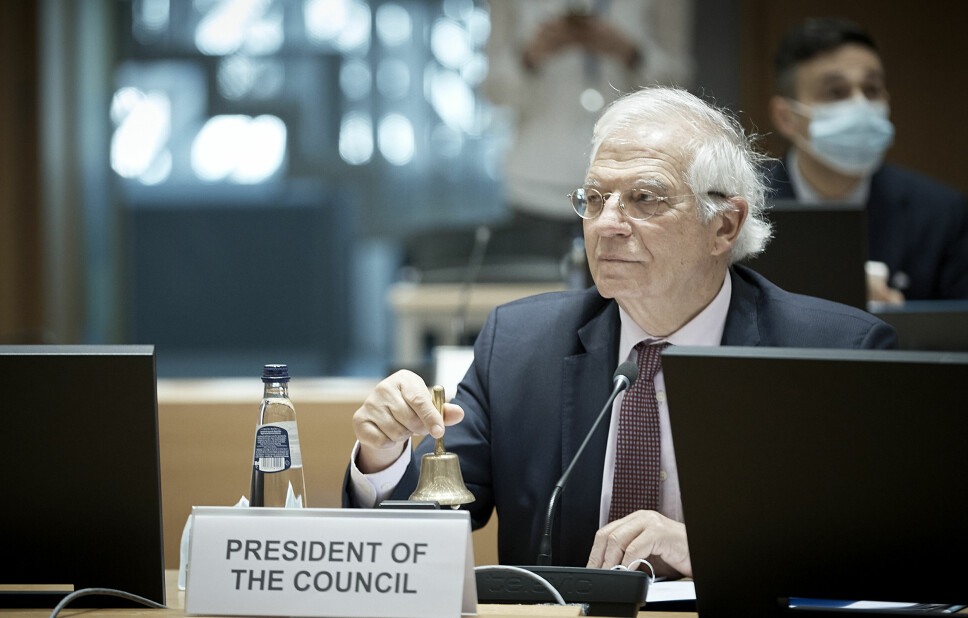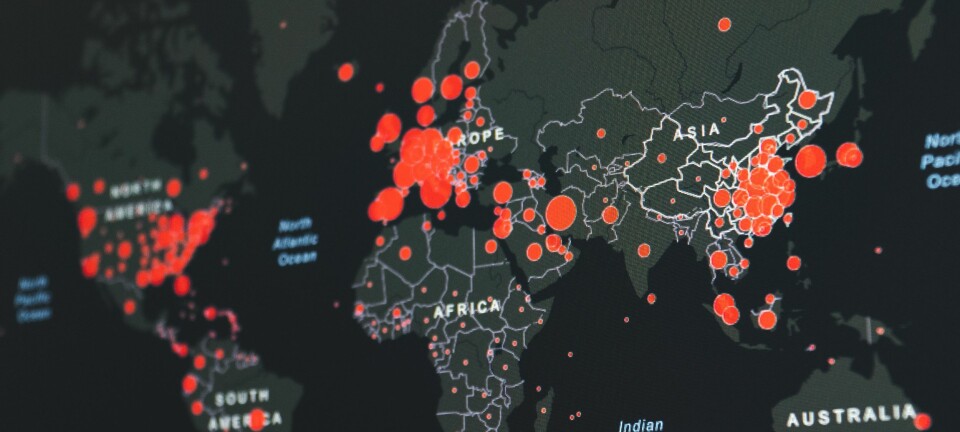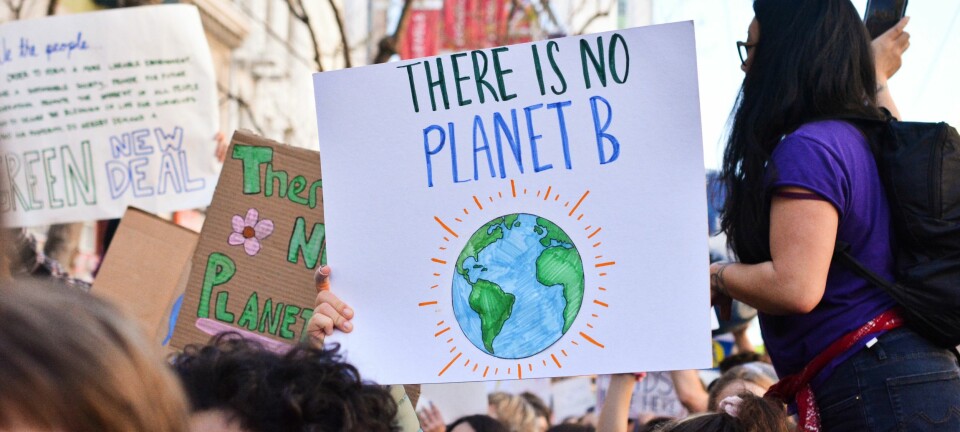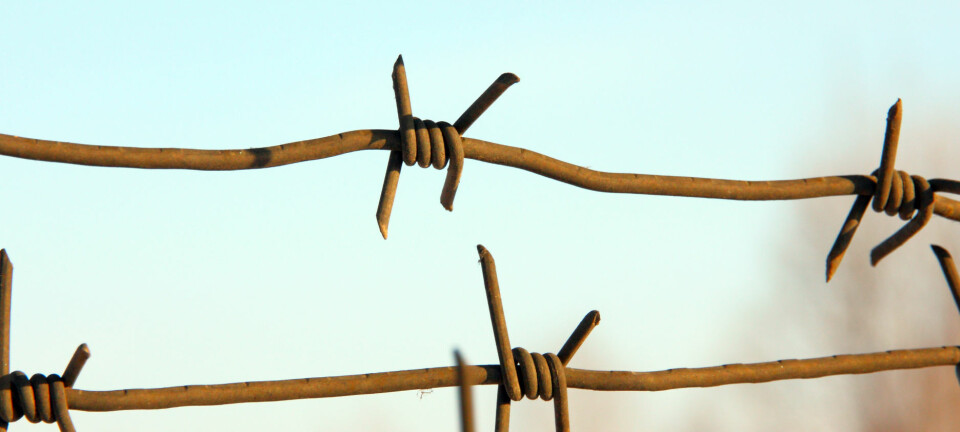
The EU’s global response to Covid-19: The challenge of promoting ownership
An effective external response to Covid-19 by the EU must be rooted in the requirements and priorities of southern partners, argue Niels Keijzer and David Black.
On Wednesday 8 April, the European Commission and External Action Service published a joint proposal titled ‘the Global EU response to COVID-19‘, with its accompanying social media hashtag #TeamEurope. The date of publication coincided with the first ever virtual meeting of EU development ministers, which would discuss the proposal following technical level exchanges in the weeks before.
There is no good time for a global pandemic to occur, but for the European Union 2020 is a particularly challenging one. This year should have seen the conclusion of a new 7-year EU multi-annual financial framework before the end of December, a point that coincided with the end of the Brexit transition phase – just one of many reasons why the budget negotiations had been challenging since its official start in June 2018.
Due to these circumstances, as well as the general trend of recent years towards EU development policy discussions focused on the use of the EU’s budgetary resources rather than substantive policy measures, most of the proposal and press releases have focused on the ‘reprogramming’ of the EU’s development cooperation during the upcoming months. In short, the focus of the EU’s budgetary resources for the remaining months of 2020 is to be shifted to support for developing countries in responding to the public health and economic ramifications of the pandemic.
The EU has summarised its available financial resources as encompassing a total of 20 billion euro, with 17.4 billion from the EU’s reprogrammed budgetary resources complemented by contributions from EU member states. The original intent for the EU’s financial resources (education, infrastructure, civil society? ) is unclear, as is the extent to which developing countries were involved in or otherwise informed about the EU’s decision to reallocate these funds.
The risk of impatience
Although few would dispute the importance of the EU’s choices and the real needs in developing countries to which EU development finance is slated to respond, the successful and effective use of these resources hinges on the process through which these expenditures will be planned, implemented and evaluated – as well as who is involved.
As shown in the above description of the EU’s Covid-19 cooperation plans, the global cooperation response to a pandemic affecting us all, in different ways and degrees, runs the risk of succumbing to one of Nancy Birdsall’s seven deadly sins of donor failings, namely that of impatience:
‘impatience for results leads to reluctance to invest over the long-term (and outside the confines of donor-sponsored programs and projects) in local capacity to do budgeting, personnel management, auditing, accounting, and other nuts and bolts functions – which require and reinforce institutions, but which do not yield obvious immediate results.’
In this sense, the EU’s response risks further unravelling efforts to foster a more equitable and mutually beneficial development cooperation dynamic, underway since the start of the new millennium.
Ownership of development
To explore these process-related cooperation challenges in more detail, we organised a special issue of Development Policy Review to investigate different perspectives on the promotion of ownership. We define ownership, a well-established norm in international development, as ‘the extent to which 'developing' actors involved in a dedicated development co‐operation relationship consider their involvement in terms of control over process and substance to be both sufficient and desirable over time.’
The contributions to the issue covered topics ranging from German development cooperation with the Middle-East and North-Africa region, to explorations on the links between ownership and participation, to the realities of promoting ownership in countries ranging from Peru to Liberia. In these and other contributions, fundamental and ongoing changes within development cooperation were encountered and discussed, such as the move away from ‘government-to-government’ cooperation to highly intermediated relationships, and the gradual move in decision-making from ‘in-country’ embassies and ministries towards donor headquarters and boardrooms.
In the conclusion to our special issue, we observe that although ownership continues to prominently feature in our policy debates, ‘the conditions under which development co‐operation now operates, and the new policy and political realities to which it relates, have effectively marginalized this principle and with it, the broader aid and development effectiveness agenda to which it was anchored’.
Although the contributions do identify new means for and dynamics of promoting ownership, broader trends of reversion to increased ‘projectisation’ also mean that the dialogue on development narrows to the confines of these projects. Under these conditions, a sustained engagement between developing country actors and their external partners on broader development trends in society no longer seems appropriate.
Although the EU’s readiness to respond to an unprecedented global crisis is laudable, our research findings confirm that after more than six decades of international development cooperation the ‘how’ of cooperation remains equally if not more important than the ‘what’.
An effective international cooperation response to Covid-19 will in the first instance require urgent ‘damage control’. Yet its effectiveness ultimately rests upon critical inquiry into the ownership and sustainability of the response, necessitating a longer-term focus that justifies the policy domain’s existence as a dedicated area of public policy rooted in the requirements and priorities of southern partners.
———











